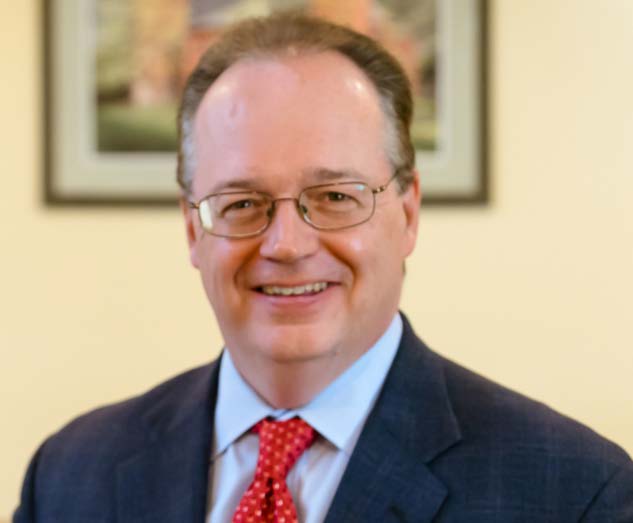 A government study has found that approximately half of Community Mental Health Centers (CMHCs) exhibited questionable Medicare billing in 2010. During that time frame, Medicare paid almost $220 million to more than 200 community mental health centers for providing Partial Hospitalization Program (PHP) services to Medicare beneficiaries. PHPs provide outpatient services to patients who have been discharged from inpatient psychiatric care. The objective is to provide ongoing outpatient care in a community setting at a lower cost than inpatient care. To qualify for reimbursement from Medicare, patients who participate in PHPs must have mental disorders that severely interfere with multiple areas of their daily lives, including social, vocational, and/or educational functioning. The PHP services must be:
The Office of Inspector General (OIG) at the Department of Health and Human Services (HHS) has identified nine questionable billing characteristics or red flags based on its analysis of Medicare fraud cases and data from the Centers for Medicare & Medicaid Services (CMS). OIG determined that Partial Hospitalization billing fraud occurs with greater frequency when PHP patients:
Using Medicare claims history, the OIG identified community mental health centers that had unusually high billing for at least one of the nine questionable billing characteristics and the metropolitan areas where these CMHCs were located. Approximately half of community mental health centers met or exceeded thresholds that indicated unusually high billing for at least one of nine questionable billing characteristics. Approximately one-third of these community mental health centers had at least two of the characteristics. OIG also determined that 90 percent of the centers with questionable billing were located in States that do not require community mental health centers to be licensed or certified. The government aggressively investigates and prosecutes mental health fraud cases. False claims for PHP services costs Medicare millions of dollars and endangers patients who do not receive appropriate mental health services and treatment. If you are under investigation or have been charged with Medicare fraud, then you should consult with an experienced Medicaid and Medicare fraud lawyer immediately, before you speak with an investigator. If you are aware of false claims being submitted by your employer, you also need legal advice right away. You may be at risk of criminal prosecution because the government goes after everyone who was involved. On the other hand, you may be entitled to legal protections and a substantial whistleblower reward if you help the government uncover the fraud and recover money. To arrange a free and confidential consultation with an experienced Medicare and Medicaid fraud attorney, call John Howley, Esq. at (212) 601-2728 or click here to reach our office via email. John Howley, Esq. The information you obtain at this site is not, nor is it intended to be, legal advice. You should consult an attorney for advice regarding your individual situation. I invite you to contact our law offices and welcome your calls, letters and electronic mail. Contacting us does not create an attorney-client relationship. Please do not send any confidential information to us until such time as an attorney-client relationship has been established. I practice law and offer legal services only in jurisdictions where I am properly authorized to do so. I do not seek to represent anyone in any jurisdiction where this web site does not comply with applicable laws and bar rules.
0 Comments
Your comment will be posted after it is approved.
Leave a Reply. |
John Howley, Esq.
(212) 601-2728 |
